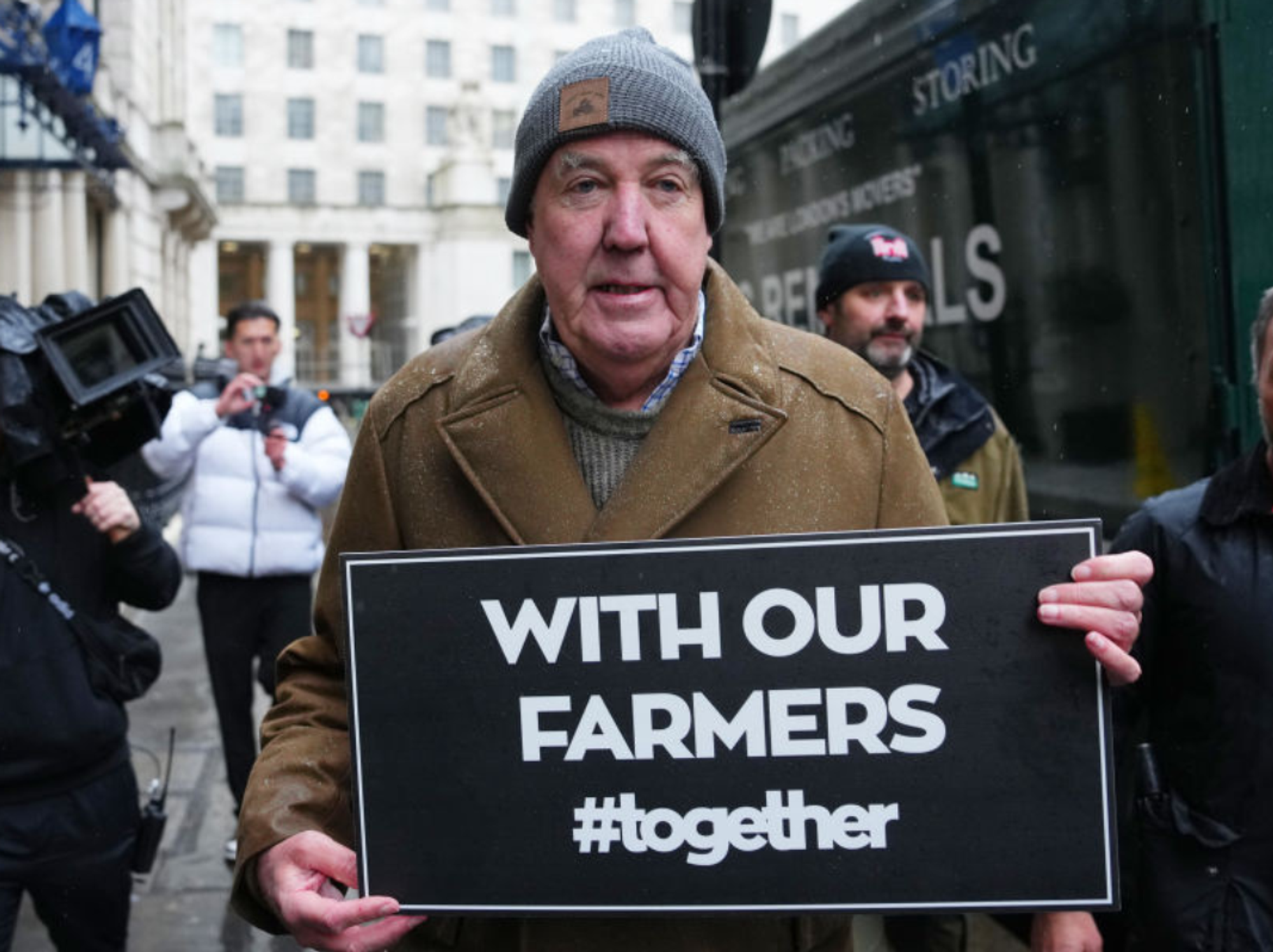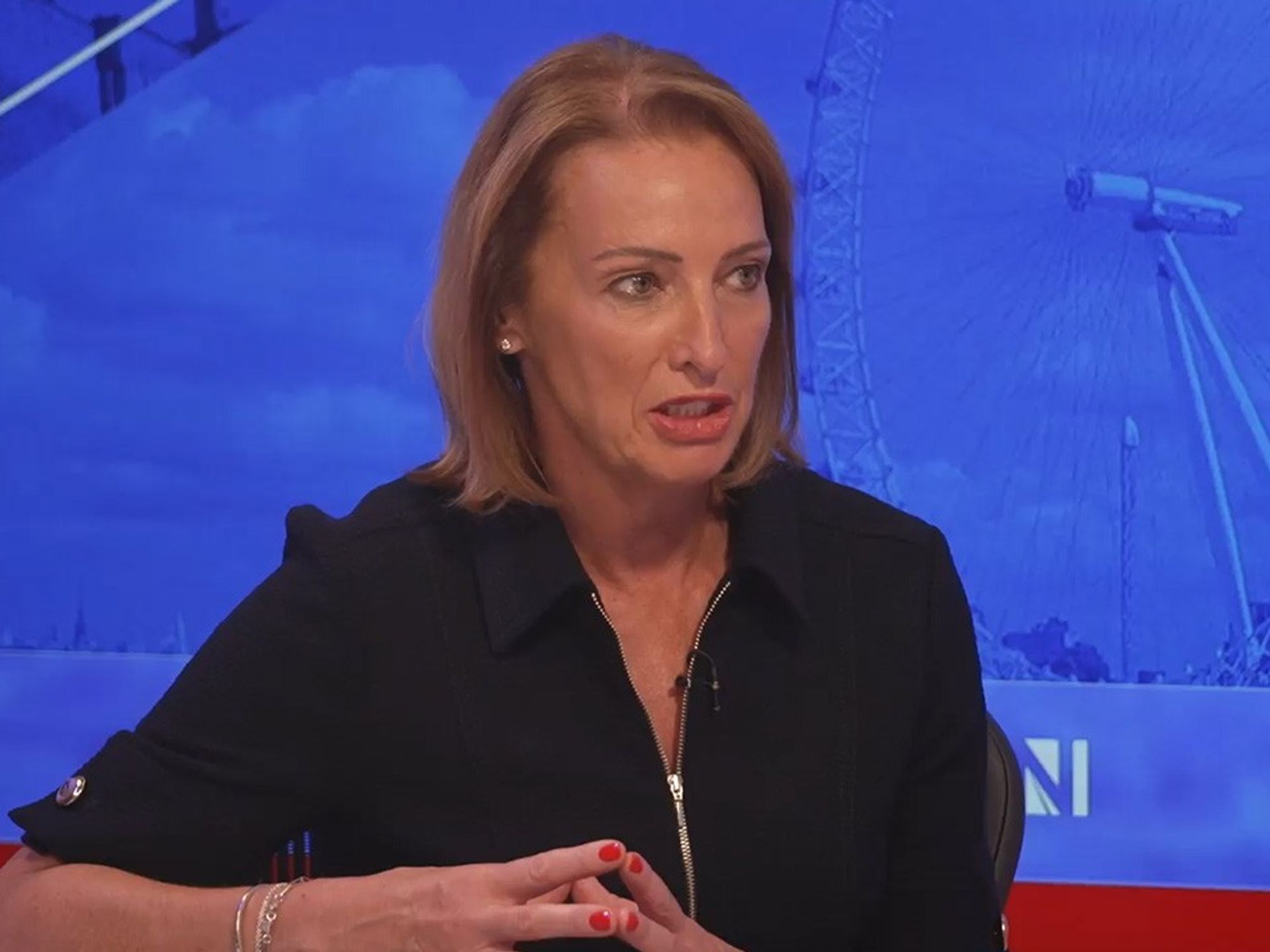‘Trans conversion debate has exposed a troubling agenda,’ writes Robin Millar
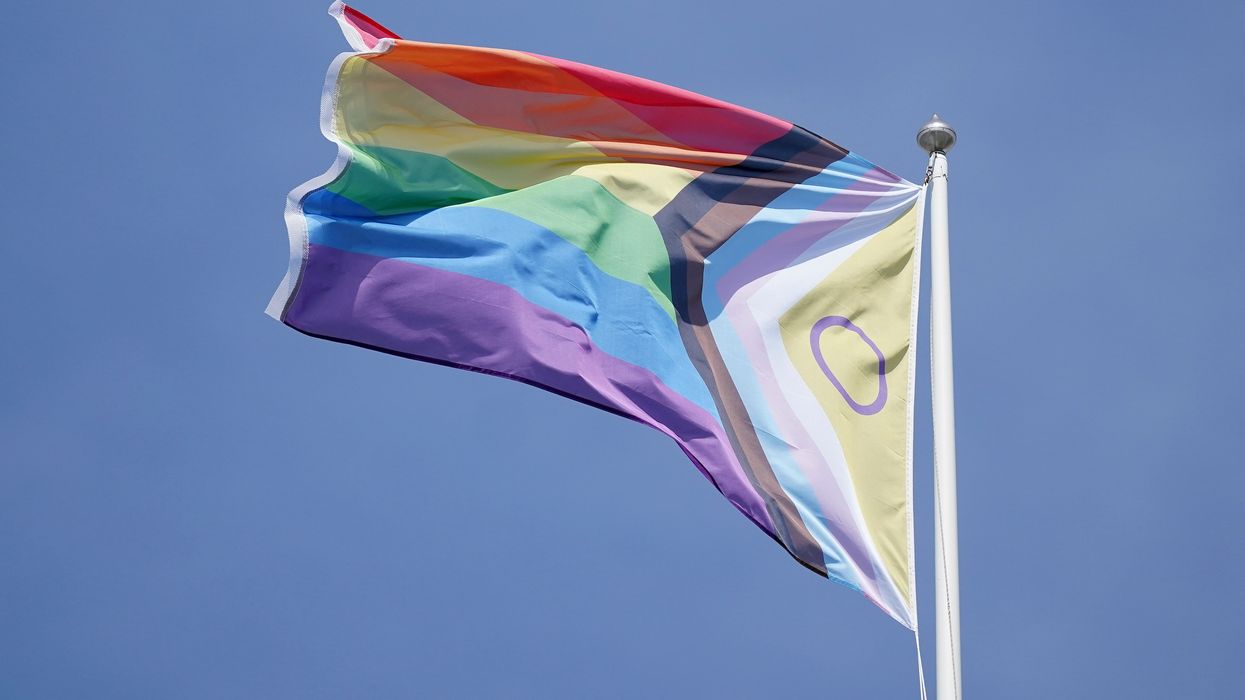
‘Trans conversion debate has exposed a troubling agenda,’ writes Robin Millar
|PA
The debate last Friday may have had unintended consequences
Don't Miss
Most Read
It is rare for a Private Member's Bill to capture public attention but last Friday's House of Commons debate on the prohibition of conversion practices produced moments of high emotion and parliamentary drama.
The bill was proposed for concerns that gay or trans identifying people might be coerced into ‘normal’ life by force or threat. After five hours of detailed and at times passionate debate, it did not progress because it could not gather sufficient support.
But the debate may also have had unintended consequences.
First, in highlighting some of the problems that Government lawyers have been wrestling with, the debate has given the Government a pass on why it has not produced its own bill.
The debate demonstrated clearly that the Private Member’s Bill has run into difficulties of defining conversion, identifying precisely what practices might be criminalised, the limitations of the evidence base and potential human rights conflicts.
The purpose of the bill, to ban conversion practices, was largely based on the evidence of self-selected respondents, who chose their own definitions of ‘conversion therapy’. Much of it is not current and the most terrible cases cited were not in the UK. Further, the offences – ranging from forced marriage and corrective rape to electro-shock therapy and physical threats – are already proscribed by a long list of well-established, existing laws such as the Offences Against the Person Act of (1861) and the Sexual Offences Act (2003).
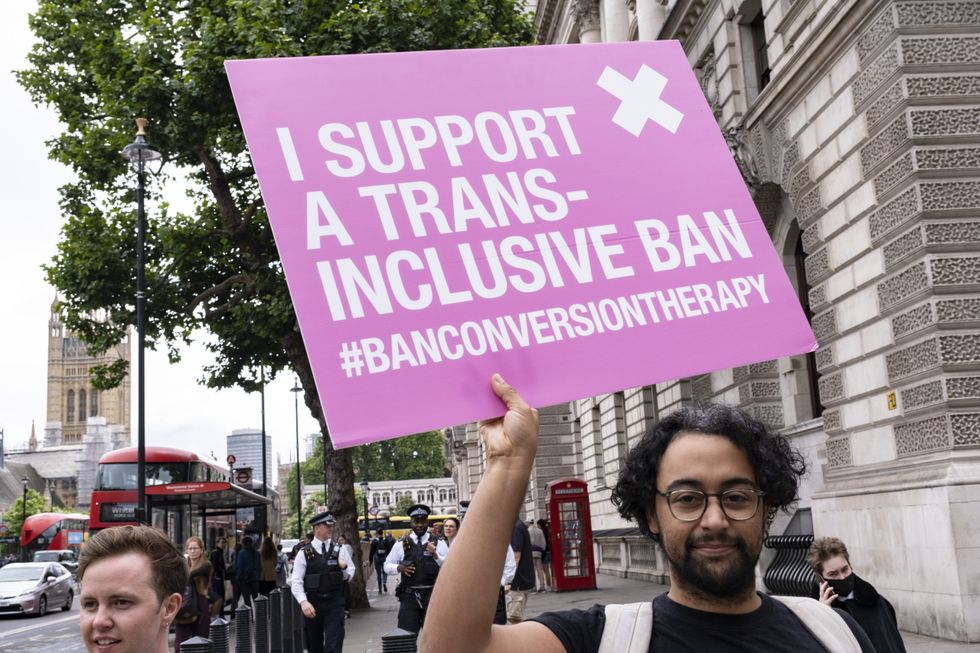
Protesters gathered to support ban on trans conversion therapy
|Getty Images
Good law does not duplicate existing law – it must also be deliverable.
In the absence of a clear description of harmful or abusive behaviour and relying on “purpose and intent” the bill would establish a sort of thought crime.
Would a de-transitioner, for example, offering to share their story with a gender dysphoric young woman to help her understand the physical, mental and emotional consequences of transition be criminalised for doing so? What about a concerned parent speaking with their child? A teacher or a religious leader approached for help by a student or member of the Mosque wrestling with their identity?
LATEST DEVELOPMENTS:Are these not exactly the times and the trusted figures someone struggling with such questions might turn to? The exemptions carved out by the bill for such moments were simply not robust enough and contained contradictions that undermined them.
The Health Minister, Maria Caulfield in her remarks from the Despatch Box, indicated these are precisely the points that the Government is wrestling with and must resolve – if indeed they can be – before it can bring forward its own credible bill.
Second, the debate served to reveal the strength, coherence and diversity of concern.
Gay and straight MPs, long-serving and newer representatives, men and women, of all faiths and none, nationalist and unionist, Labour and Conservative were lined up to speak of concerns with the bill. An impressive breadth of interest and unity of cause. And not unlike what was mobilised with similar effect by concerned Peers in a similar recent debate in the House of Lords.
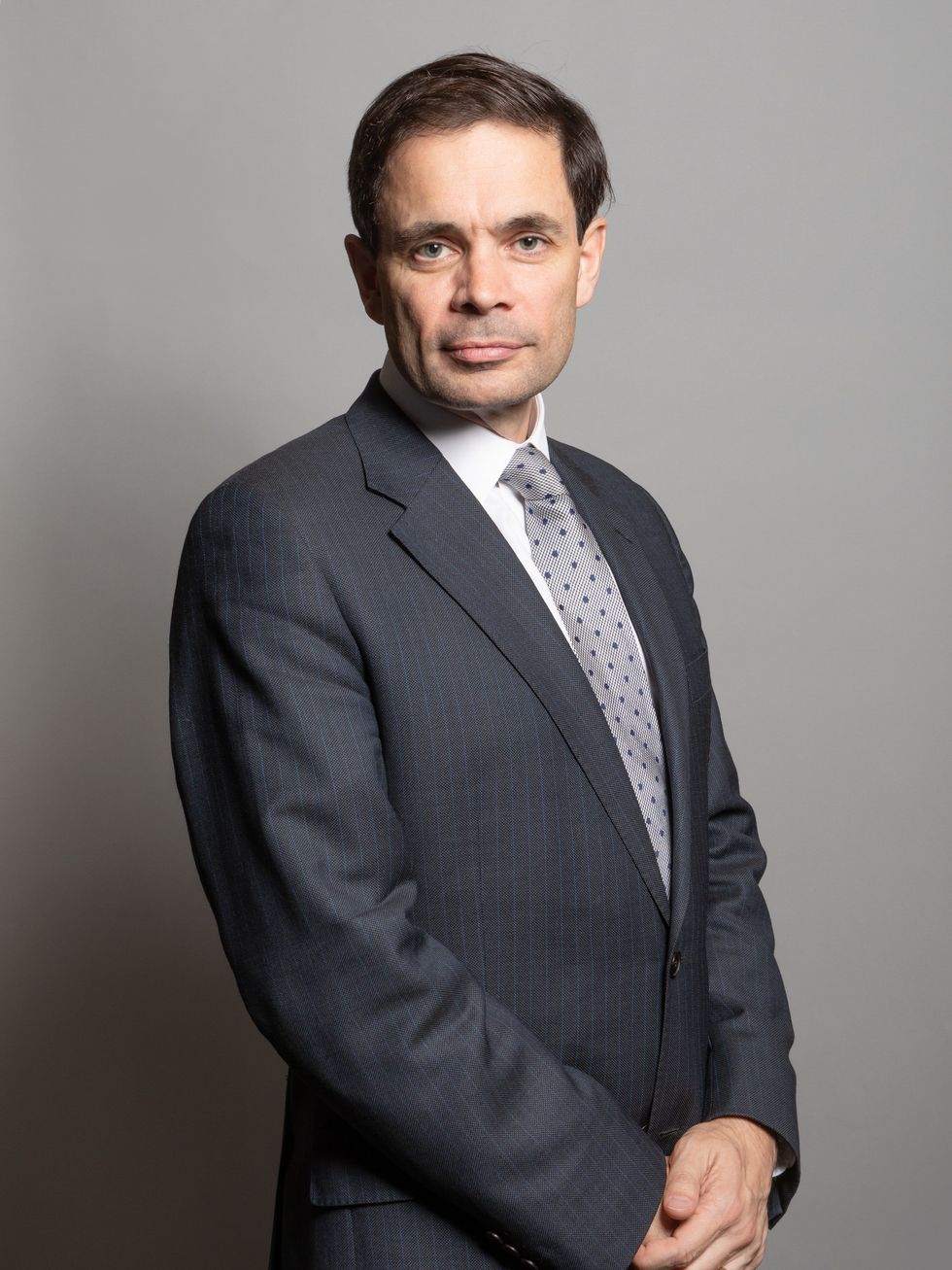
Robin Millar MP
|PA
Government will have been watching. It will have seen its own concerns reinforced and the strength of opposition. And hopefully that traditional political labels have again been shown inadequate when it comes to identifying, uniting and mobilising around the issues facing modern society.
But perhaps most significant, a third effect was to surface a troubling, underlying agenda.
In the outstanding contribution of the debate, Alba MP, Neale Hanvey, a former cancer nurse director and gay man spoke powerfully about his own experience of bullying and abuse. He warned of his own “great fear and concern” that “conversion therapy bans are part of a slate of policies which are intended to insinuate Queer Theory into every facet of our culture and to control and limit freedom of thought, freedom of speech and freedom of expression”.
Acknowledging the “desire to protect the few, which is a laudable and noble aim”, he warned however that this “authoritarian and anarchic movement” seeks to “limit the freedoms of so many and would potentially inflict serious criminal harm upon them”.
Using this lens, it becomes apparent that this debate is in fact just one skirmish amongst many that have been opened across our society in recent times. What our children are taught in schools. Preserving single-sex spaces for women and girls in toilets, hospitals, swimming pools and prisons. Our understanding of history. A settled understanding of sex and biology. How we choose to identify ourselves. Even our freedom to discuss such things.
We can expect further efforts to introduce a ban on conversion therapy – an amendment to the Criminal Justice Bill has already been tabled. But each of these tests needs to be identified and recognised for what they are – an intentional assault on our freedoms, our norms, our values and our way of life.
These are battles the Government must join. They are the battles that matter and ones we must win.





